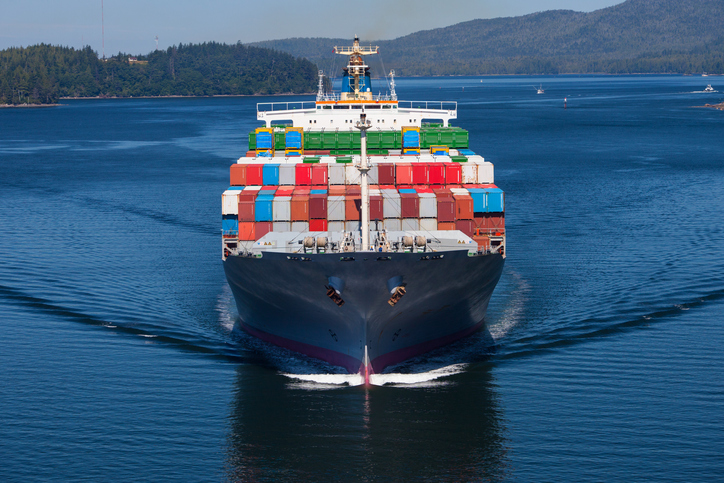Global maritime transport is facing growing uncertainty, volatility and higher costs while growth in maritime trade is slowing down, UN Trade and Development (UNCTAD) warns in its latest ‘Review of Maritime Transport’, released today.
After a firm growth in 2024, seaborne trade growth is expected to stall in 2025, with volumes rising just 0.5%. Geopolitical tensions, shifting trade policies and climate factors and regulatory developments are redrawing shipping routes and driving up costs.
The report’s key findings include:
– Volatile freight rates:Disruptions such as the Red Sea rerouting in 2024 and mid-2025 geopolitical tensions threatening to disrupt shipping across the Strait of Hormuz have contributed to higher shipping costs.
– Ports need to adapt: Congestion and the need for sustainability and resilience in ports are accelerating the push for digital systems, but many developing countries still lag.
– Climate challenge:Shipping emissions rose 5% in 2024. Only 8% of the world’s active fleet tonnage is equipped for alternative fuels, underscoring the urgent need for fleet renewal and modernization and investment.
– Human impact: Seafarer abandonment cases reached a record in 2024, highlighting the need for stronger enforcement of labour rights.
UNCTAD calls for:
– Stable trade policies to restore confidence in supply chains.
– Investment in green, sustainable and resilient port and shipping infrastructure and services.
– Faster digitalisation and stronger cybersecurity in maritime transport.
– Support for developing economies, especially the most vulnerable to mitigate higher shipping costs.
The‘Review of Maritime Transport’is the UN trade and development body‘s annual flagship report on global shipping trends, fleet development, freight markets, ports, and legal and regulatory developments.





